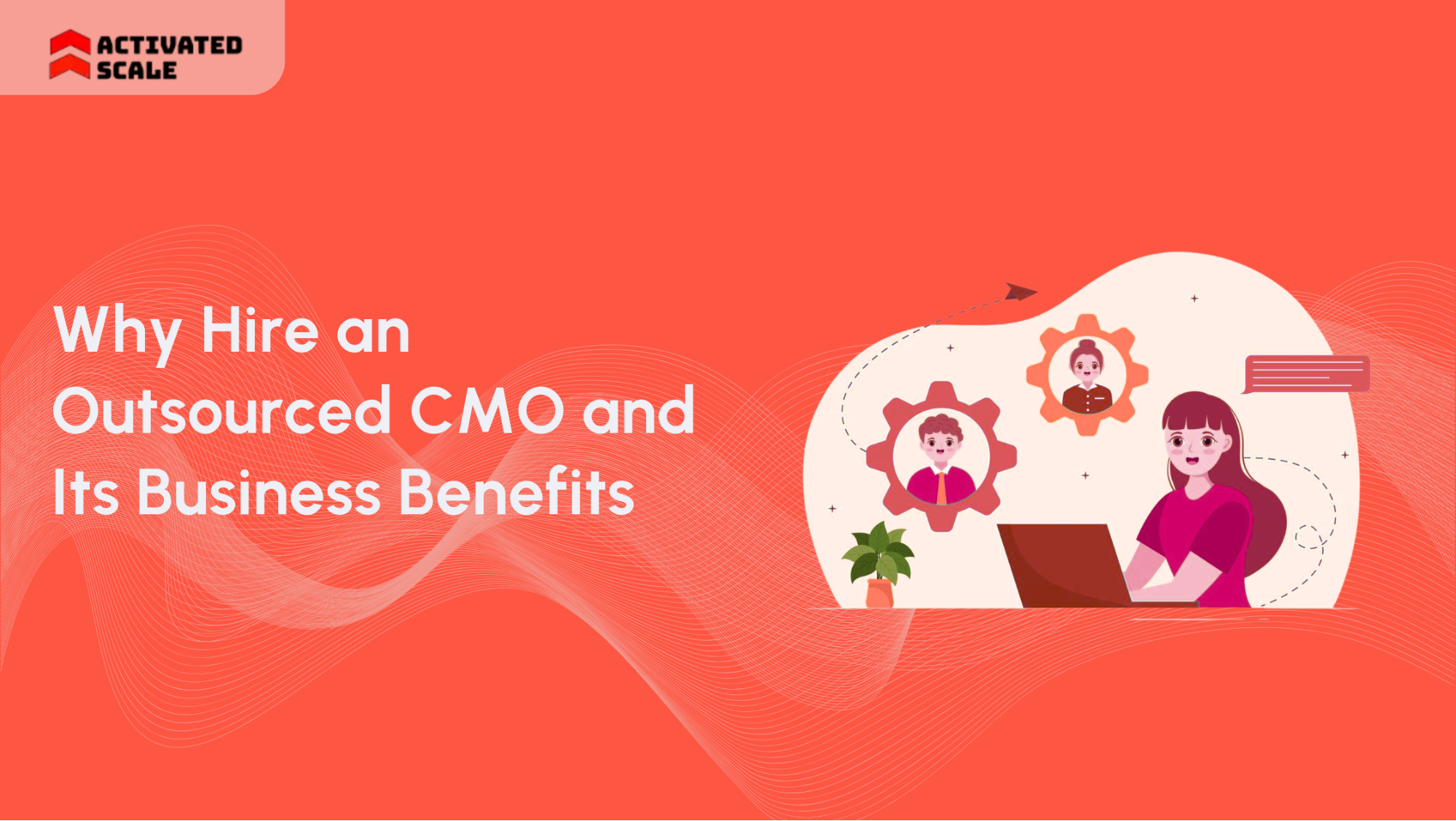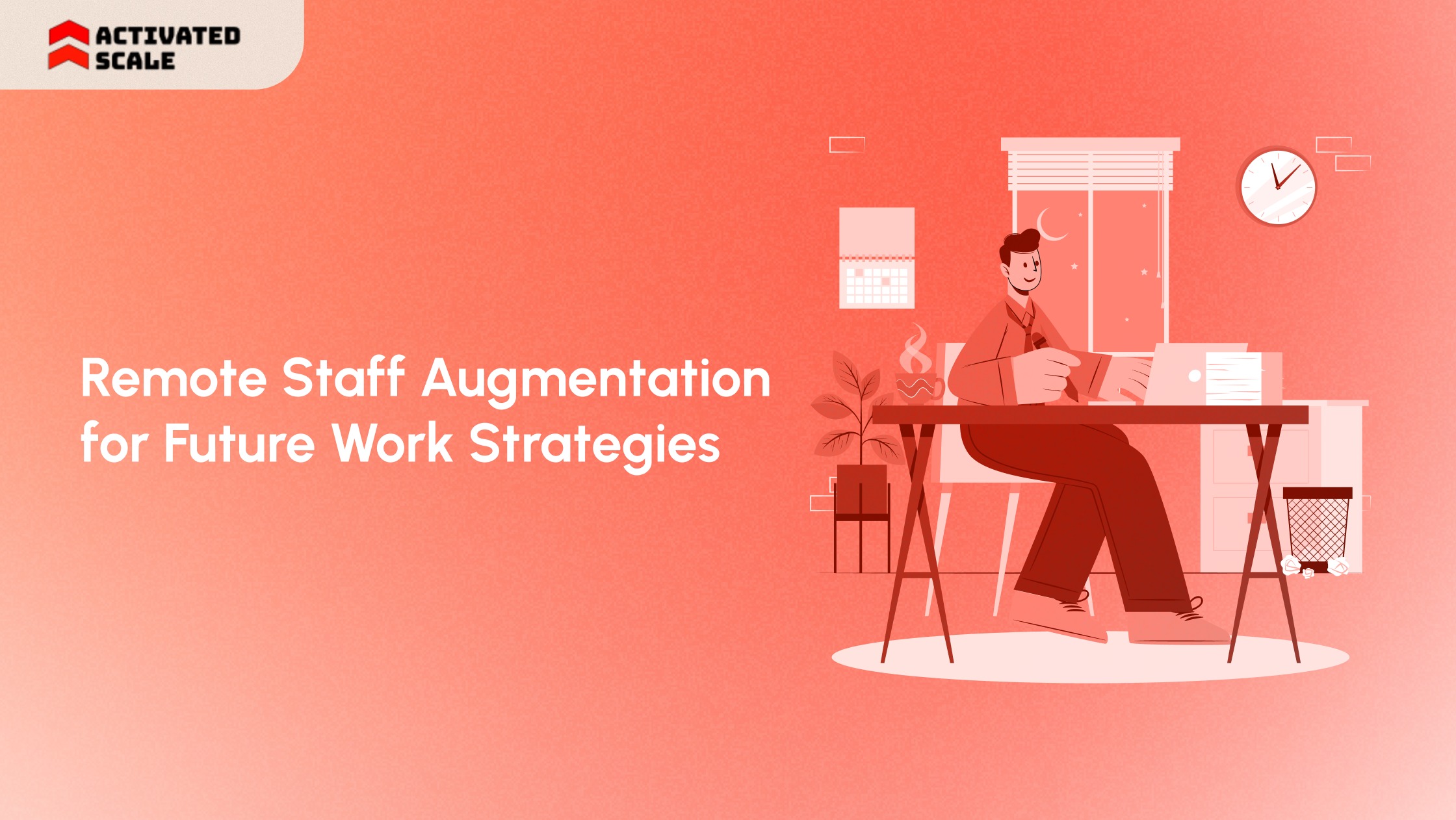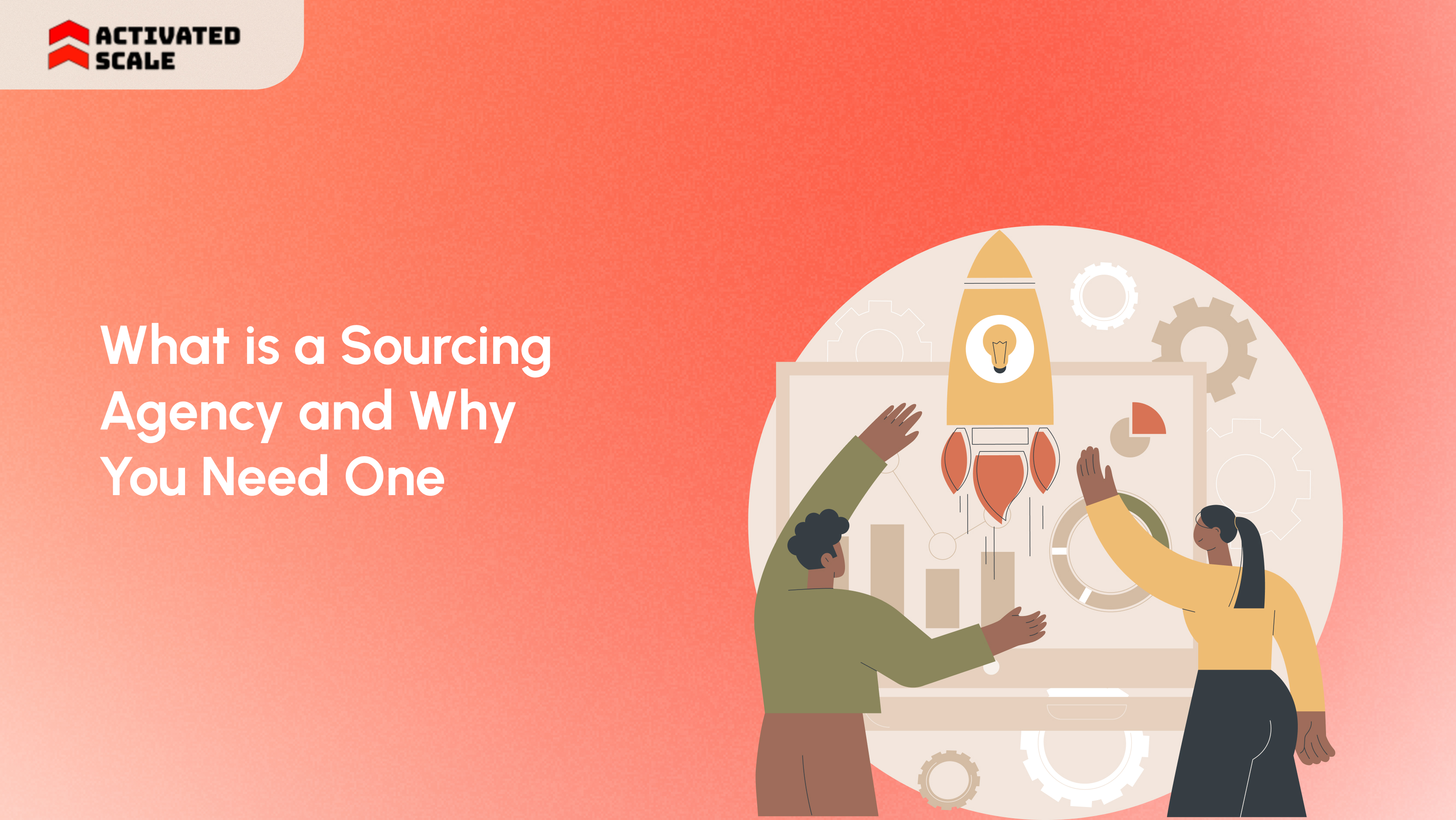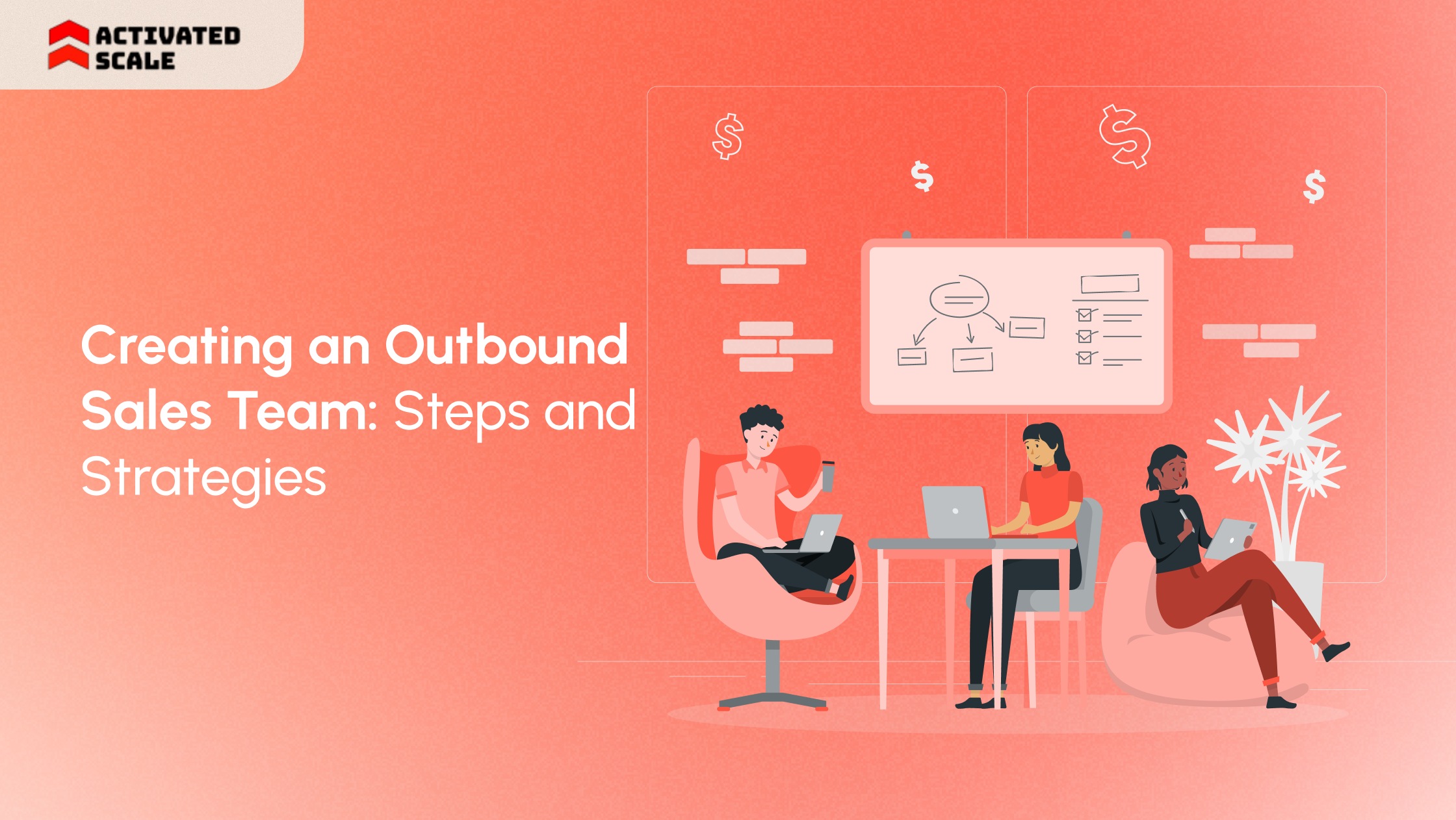Many startups reach a point where product progress is strong, but demand generation isn’t consistent. Founders are still shaping messaging, choosing channels, and reviewing every marketing campaign themselves. Hiring a full-time CMO can feel premature or too expensive at this stage.
At such times, an outsourced CMO can provide senior guidance without long-term commitment. They help clarify the Ideal Customer Persona (ICP), set a realistic marketing plan, and align efforts with revenue goals.
In this blog, we’ll look at what an outsourced CMO actually does, when it makes sense to bring one in, and the type of business results you can expect in the first few months.
Quick Overview
- An outsourced CMO provides senior marketing leadership without the cost or commitment of a full-time executive.
- They bring clarity to ICP, positioning, messaging, and demand priorities so the team stops guessing.
- Best fit for startups with product traction but an inconsistent pipeline or unclear GTM direction.
- Benefits include focused channel strategy, reduced wasted spend, sales alignment, and freed founder time.
- Many startups leverage fractional marketing experts to access the expertise of proven leaders who can design a strategy and oversee execution efficiently.
What Is an Outsourced CMO?
An outsourced CMO is a senior marketing leader who joins your company on a fractional or contract basis. Their focus is to define how your product is positioned in the market, who you are targeting, and which channels deserve time and budget.
This role is different from a marketing manager or an agency. Managers and agencies focus on execution. An outsourced CMO sets the strategy, aligns sales and marketing, and ensures that marketing efforts produce a qualified pipeline.
What Does an Outsourced CMO Do?
An outsourced CMO’s work centers on leadership decisions that guide the marketing team and support sales:
- Design the go-to-market approach so sales and marketing are aligned on who to target and how.
- Refine positioning and messaging so prospects understand the product’s value clearly.
- Set pipeline targets and build a demand plan tied to real business goals.
- Prioritize channels (e.g., paid, outbound, content, partnerships) instead of spreading resources thin.
- Choose the right tools for tracking, automation, and reporting.
- Plan team structure and advise on future hiring to scale effectively.
- Allocate the marketing budget with accountability for outcomes.
Their role is leadership and direction, not running every campaign themselves. They set the plan, define the standards, and guide the team so execution becomes consistent and measurable.
Read: Fractional CMO for Startups: Expert Tips and Timing.
Now, let’s look at the situations where bringing in an outsourced CMO creates the most impact.
When To Hire an Outsourced CMO?

There’s a specific stage where many SaaS and startup teams feel stalled. The product works, early customers see value, but the pipeline isn’t steady enough to support growth goals. Marketing activity is happening, yet results vary week to week. If this sounds familiar, an outsourced CMO may be the right step.
Common situations where they help most:
- You have product traction, but the pipeline is inconsistent. Leads come in some weeks, then drop off.
- Your marketing team is mostly junior. They can execute tasks but need guidance on direction.
- Founders are still writing messaging and reviewing campaigns. Leadership time is stretched thin.
- Sales can close, but inbound interest is low. Your team is relying too heavily on outbound or referrals.
- You’re preparing for fundraising. You need a clear Go-To-Market (GTM) story, sharper positioning, and better narrative discipline.
How to Tell If You’re Ready
Before bringing in an outsourced CMO, it helps to check whether the challenge is strategic direction rather than execution. These questions make it easier to assess that.
- Do we have a clear ICP? If your target customer still feels broad or changes month to month, you need strategic clarity.
- Do we have a repeatable sales motion? If every deal follows a different path, marketing and sales likely aren’t aligned on a shared process.
- Are we testing too many channels without clear data? If campaigns feel scattered and results are hard to explain, there is no central plan guiding priorities.
If these points sound familiar, the team may need leadership more than additional hands. An outsourced CMO brings that structure and turns it into a focused, staged plan.
Also Check: Fractional CMO Costs and Hourly Rates Explained.
Business Benefits of Hiring an Outsourced CMO

The advantage of bringing in senior guidance early is clarity. Instead of testing ideas at random or relying on founder intuition, the company gets a structured plan tied to revenue outcomes. Here’s how you benefit from an outsourced CMO:
- Clear Messaging and ICP Focus: The outsourced CMO defines who you are selling to and how to communicate value in a way that resonates.
- Reduced Budget Waste: Channel testing becomes intentional. Campaigns are chosen based on data, not guesswork.
- Scalable Demand Channels: They identify which channels can reliably produce qualified leads, so the pipeline stops fluctuating.
- Alignment Between Marketing and Sales: Shared metrics and handoff processes improve close rates and shorten sales cycles.
- Strategic Hiring Roadmap: They advise when to add roles like content, product marketing, or demand generation, and which skills matter.
- Founder Time is Freed Up: Leadership no longer needs to review every marketing decision, allowing them to focus on product and partnerships.
At this stage, many founders ask the same question: should we commit to a permanent CMO or bring someone in fractionally first? The answer depends on team maturity, pipeline consistency, and hiring readiness. Let’s break that down.
How to Decide Between In-House vs Outsourced CMO
The choice depends on stage, budget, and how quickly you need direction. This table outlines the core differences to help founders decide what fits their current phase.
Recommended: 24 Best Tools for Effective Sales Outsourcing 2025.
Even with the right CMO setup, outcomes vary based on how the role is scoped and supported. It’s worth calling out the mistakes that tend to appear during the first 60–90 days.
Common Mistakes to Avoid
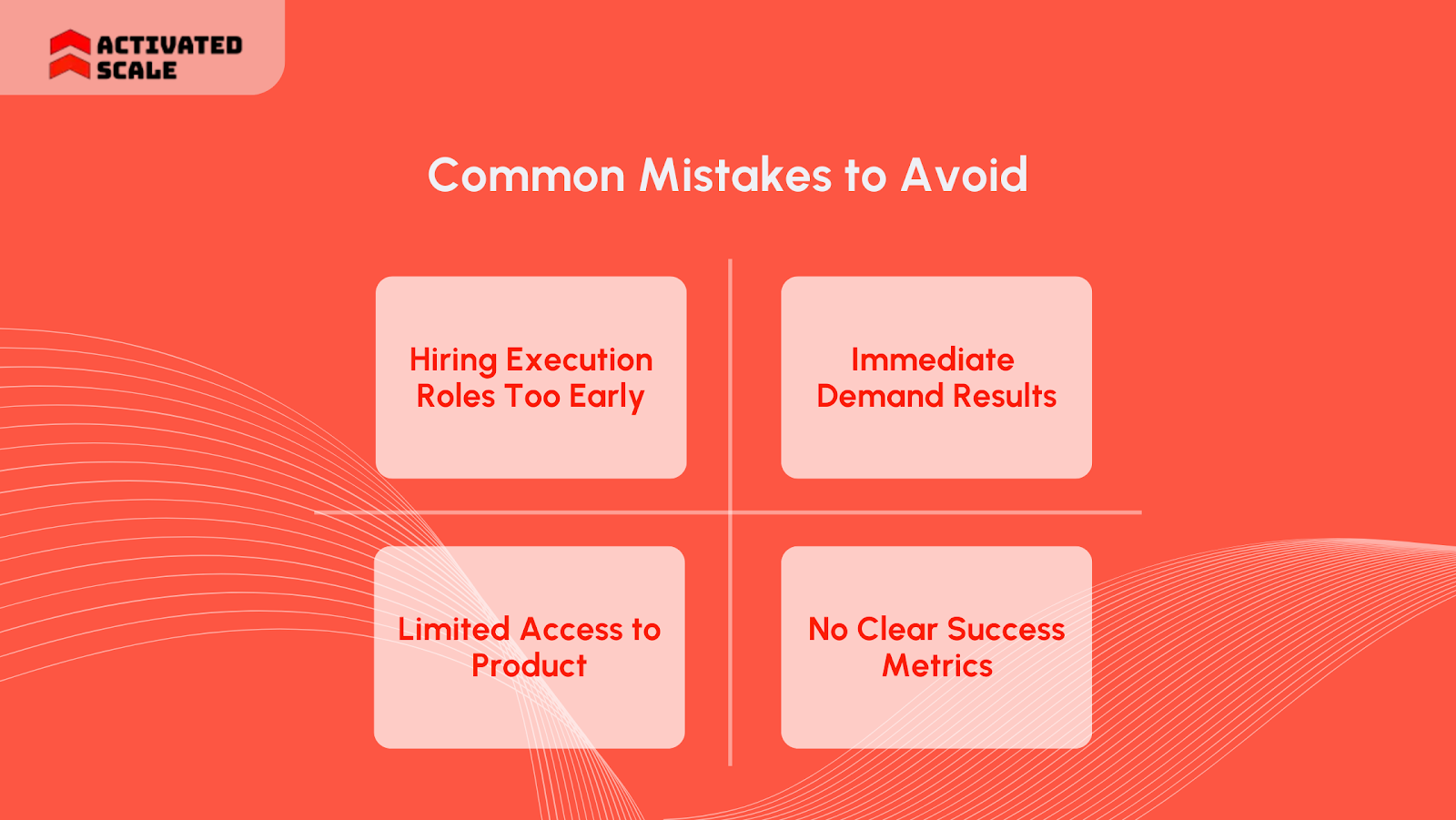
Even with the right CMO model, a few missteps can slow results. These are the patterns worth watching for:
- Hiring execution roles too early: Without a strategy in place, content, ads, or outbound activity end up scattered. Leadership should define direction first.
- Expecting immediate demand results: Messaging and channel focus take a few cycles to show impact. Early weeks are about clarity and alignment.
- Limited access to product and sales conversations: The outsourced CMO needs direct insight into customer language and objections. Gatekeeping slows progress.
- No clear success metrics: A simple 90-day KPI plan keeps efforts focused and measurable, instead of chasing general “growth” goals.
Avoiding those mistakes comes down to choosing someone who has actually built GTM systems before, rather than just managing campaigns. That’s where selecting the right candidate matters.
How Activated Scale Helps Your Sales Team Execute a CMO’s Vision
Hiring an outsourced CMO can clarify messaging, define your ideal customer profile, and set revenue targets. Strategy alone, however, doesn’t generate results. Execution is what turns goals into measurable growth.
A skilled sales team ensures that every lead, campaign, and opportunity created by marketing efforts converts into real revenue.
Here’s how sales talent can make your marketing strategy actionable:
- Fractional SDRs (Sales Development Representatives): Drive top-of-funnel activities such as prospecting, emailing, and cold calling to book qualified demos.
- Fractional AEs (Account Executives): Manage the full sales cycle, converting leads into closed deals while aligning with your marketing messaging.
- Fractional VPs of Sales: Build and execute GTM strategies, design sales playbooks, and help scale the sales process to match growth goals.
With the right team in place, an outsourced CMO’s vision translates into consistent pipeline growth and measurable revenue, ensuring your business goals are met efficiently. Let’s get on a call and see how we can help you connect with the right talent for your business.
Conclusion
A CMO can define strategy, messaging, and demand programs, but results depend on the team executing that vision. Sales talent is what turns plans into a measurable pipeline and revenue. Without the right team, even the best marketing strategy can stall.
Activated Scale connects startups with pre-vetted SDRs, AEs, and fractional VPs of Sales who bring strategy to life, ensuring leads are captured, deals are closed, and growth targets are met. Instead of spending months hiring and onboarding, you get a curated team aligned to your ideal customer profile, sales motion, and growth stage.
Don’t let strategy sit on paper. Get in touch with our team to match with sales professionals who make your CMO’s vision actionable.
FAQs
1. What does an outsourced CMO actually do day-to-day?
They lead your go-to-market strategy: define ICP and messaging, choose channels, set pipeline targets, guide campaign priorities, and align marketing with sales. They provide direction and decision-making, while your team (or agencies) handles execution.
2. How is an outsourced CMO different from a marketing manager or agency?
A marketing manager executes tasks. Agencies deliver specific outputs. An outsourced CMO sets the strategy and ensures every marketing effort supports revenue goals.
3. How many hours per week does an outsourced CMO typically work?
Most fractional CMOs work 10–40 hours weekly, depending on scope. The goal is senior leadership presence, not full-time hours. They focus on key strategic decisions and accountability rhythms.
4. When is the right time to bring in an outsourced CMO?
Common triggers: product traction is strong, but the pipeline is inconsistent; founders are still owning messaging and campaign direction; junior marketers need guidance; or you’re preparing for fundraising and need a tighter GTM story.
5. How long does it usually take to see an impact?
You’ll see clarity in messaging and priorities within the first 2–4 weeks. Pipeline lift and channel consistency generally takes 60–120 days as systems and demand plays are put in place.
The Ultimate Guide to Hiring a Salesperson!
Get the step-by-step guide to hiring, onboarding, and ensuring success!
_edi.png)
